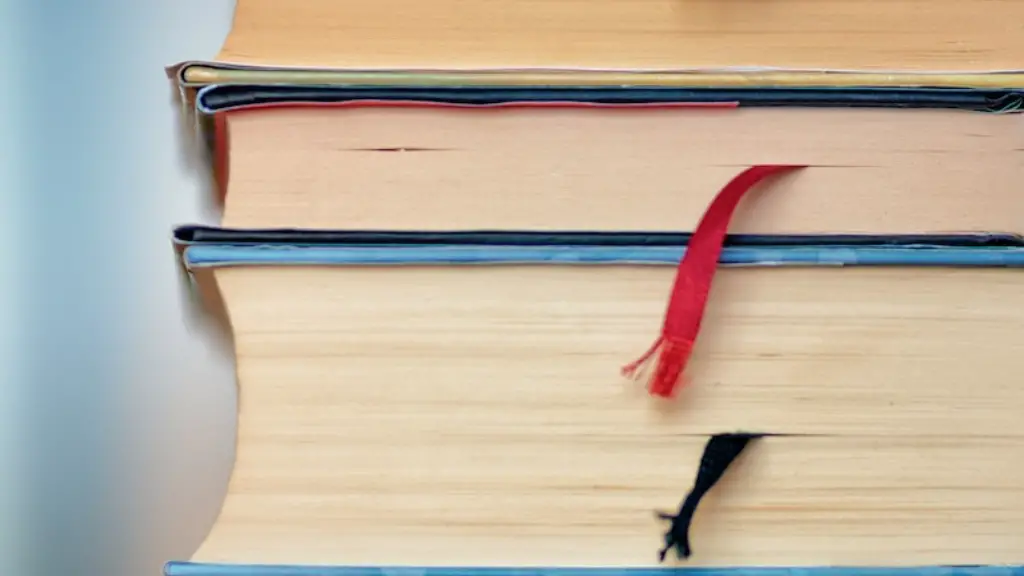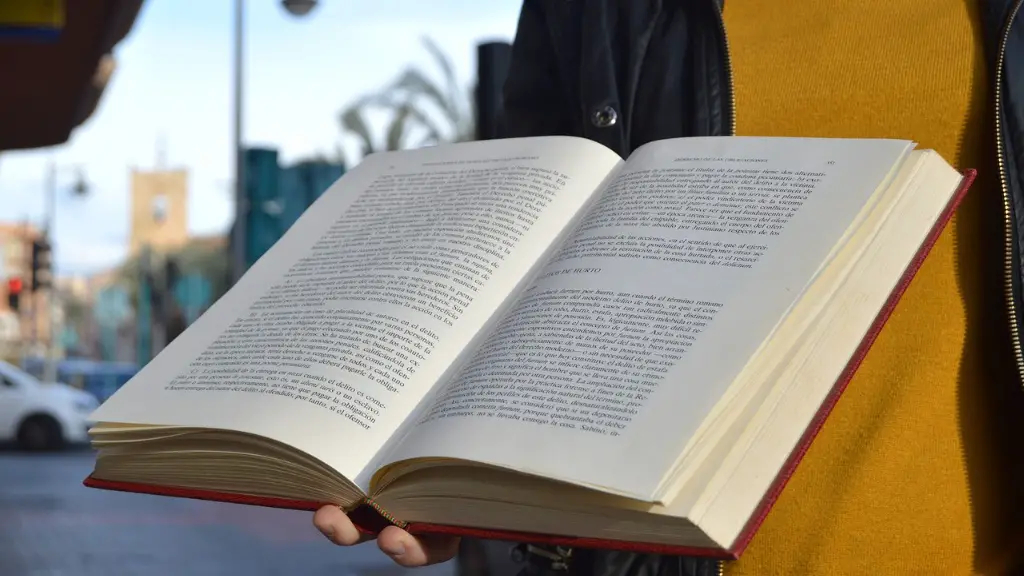What is Poetry Analysis
Poetry analysis is the process of studying a poem to identify its underlying and surface meaning, as well as its aesthetic value. Poetry analysis enables us to gain a fuller understanding of a poem’s meaning and interpretive context and helps us to interpret its symbols, imagery, and figurative language. In order to analyze a poem, one must first question the poem’s author, genre, structure, and purpose. Then, by asking the right questions, one can apply analysis techniques on the poem to ascertain its true meaning.
Poetry analysis requires close reading of the text, paying attention to its specific diction and complexity. Through this process, readers can gain an understanding of how particular words, phrases, or grammatical structures are used to add meaning and depth to a poem. Finally, by analyzing a poem through its form and content, readers can gain insight into the poem’s overall meaning.
Exploring Poetic Structure
When conducting a poetry analysis, one must take into account the poem’s structure. Structural elements such as meter, form, and rhyme are integral to conveying the overall message of a poem. Meter is the pattern of stressed and unstressed syllables that construct a line of poetry. Identifying the meter of a poem can give readers insight into the poem’s meaning and can help determine the poem’s form. In poetry, form is determined by line breaks, length, and rhythm. Similarly, rhyme can also be used to draw conclusions about a poem’s structure and meaning.
Questions for Observation
In order to consider structure, readers must ask themselves certain questions when interpreting the poem. Questions to consider when analyzing poetry include:
- What is the poem’s theme?
- What is the poem’s tone?
- What figures of speech are used?
- How does the syntax or language construction affect the poem’s meaning?
- How are symbols used in the poem?
- How are aesthetic elements of the poem used to convey meaning?
By asking such questions, readers can gain a deeper understanding of the poem and the ways in which the poet conveys meaning.
Subject Matter and Tone
In addition to examining structure, readers must pay attention to a poem’s subject matter and tone. The subject matter of a poem often involves a discussion of themes, topics, or ideas. An awareness of the poem’s subject matter provides readers with a better understanding of the poem’s meaning. Additionally, analyzing the poem’s tone can provide an understanding of the poem’s attitude, perspective, and emotional range.
Understanding Imagery and Symbols
In addition to examining the poem’s structure and subject matter, readers must also pay attention to any images and symbols used in the poem. Imagery refers to the use of figurative language, such as metaphors and similes, to provide an understanding of the poem’s meaning. Additionally, symbols such as stars and the color white often have a deeper meaning in the poem’s overall message.
Critiquing Poetry Analysis
When critiquing poetry analysis, readers should look for patterns between a poem’s structure, subject matter, and imagery. Readers should be conscious of how any structural elements or figures of speech influence the poem’s meaning. Finally, readers should be on the lookout for any discrepancies between a poem’s subject matter and its tone.
Challenges of Poetry Analysis
Poetry analysis can be difficult and challenging due to its intensely personal and complex nature. By its very nature, poetry interpretation is subjective and dependent on the reader’s understanding of the text. Additionally, since poetry often utilizes figurative language and symbolism, readers may struggle to gain a deeper understanding of the poem’s meaning.
Honing Poetry Analysis Skills
In order to become a better poetry analyst, readers should practice reading and analyzing poems. Readers should also practice asking specific questions when approaching a poem in order to gain a better understanding of the poem’s meaning. Additionally, readers should familiarize themselves with common poetic elements, such as meter, imagery, and symbol.
Benefits of Poetry Analysis
By engaging in poetry analysis, readers can gain a better understanding of a poem’s true meaning and purpose. Additionally, through a thorough analysis, readers can gain an understanding of the poem’s structure, imagery, and symbols. By understanding how a poet conveys meaning through the use of figurative language and symbolism, readers can appreciate the complexity, depth, and beauty that can be found in a poem.
Analyzing the Author
One of the most important aspects of poetry analysis is studying the author of the poem. Understanding an author’s life and experiences can provide readers with an understanding of the poem’s underlying context. Additionally, studying an author can provide readers with insight into the poem’s cultural and social significance.
Exploring Poetry in Context
In order to gain a full understanding of a poem, readers must also explore the poem’s cultural and literary context. By examining a poem’s literary context, readers can gain an understanding of the poem’s overall purpose, message, and meaning. Additionally, exploring a poem’s cultural context can provide insight into the poem’s social and political implications.
Recognizing Unique Perspectives
Ultimately, poetry analysis is a tool that enables readers to gain new perspectives on the poem’s overall meaning. Through understanding a poem’s structure, subject matter, and imagery, readers can gain a unique understanding of the poem’s core elements. By utilizing these techniques, readers can gain a better understanding of how a poem is structured and how each element of the poem contributes to its overall message.



